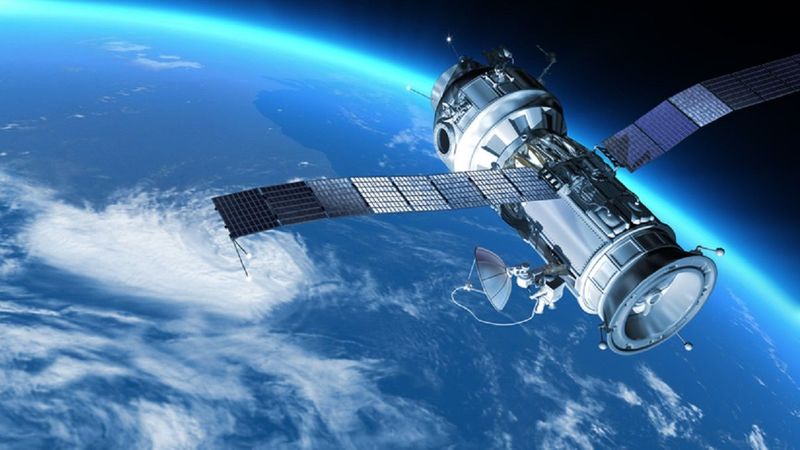Humankind's Future Inextricably Tied to Aerospace
In order to achieve the same level of impact in the 21st century as engineers achieved in the 20th — think clean running water, electric power grids, air and space travel, etc. — the industry will need to make key alterations to its mission statement.

In order to achieve the same level of impact in the 21st century as engineers achieved in the 20th — think clean running water, electric power grids, air and space travel, etc. — the industry will need to make key alterations to its mission statement. Namely, it will need to prioritize sustainability and diversity.
That’s according to Dr. Daniel E. Hastings, head of the Aeronautics and Astronautics Department at the Massachusetts Institute of Technology (MIT), who served as the keynote speaker at Embry-Riddle Aeronautical University’s Engineers Week festivities last month. When he and his colleagues at MIT sat down recently to update their program’s mission statement, they realized that those two things were not even mentioned in their previous draft.
That’s when he knew they had a problem.
“We must be committed to a culture of diversity and inclusion,” he said, in a talk offered as a free and interactive public webinar. “It’s not just a recruitment issue — it’s a retention issue. It’s a culture issue.”
Twenty years ago, he added, the big question aerospace professionals faced was, how do we fly “higher, faster, further”? But today, those advancements are balanced by the need to reduce carbon emissions. It’s not just about building more powerful machinery anymore — it’s about making those machines work in harmony with the environment.
As technology continues to advance and new innovations emerge, the cultural landscape constantly changes under engineers’ feet, Hastings said. But it is the job of engineers — and of institutions of higher education — to adapt.
“I think aerospace departments have to have a broader view of the impact of aerospace,” he said. “We have to be responsible stewards.”
Dr. Daniel E. Hastings, head of the Aeronautics and Astronautics Department at the Massachusetts Institute of Technology (MIT), served as the keynote speaker at the center of Embry-Riddle’s Engineers Week festivities.
And that means collaborating with workers across all fields of engineering to collectively face the challenges ahead. Space tourism, manufacturing in space, space-based military branches and space services — every area of engineering will require workers with specialized backgrounds, from biological and mechanical to informational, to tackle the problems of tomorrow.
“Ten years ago, there was no commercial space business to speak of,” he said, citing the rise of companies like SpaceX, Blue Origin and Virgin Galactic — “the billionaire space race,” he calls it. “The astronautics business is burgeoning.”
With that growth, however, also comes a problematic increase of space debris. SpaceX’s Starlink project, for example, plans to launch a total of 12,000 satellites into space to create its broadband network. In the history of space missions, a total of 6,000 satellites have ever been launched until this point.
“This is a serious problem that has to be solved in the next few years,” he added.
The current pace of progress, Hastings said, has also created a glut of opportunities in the entrepreneurial space. Because of that, when asked what a student can do to prepare to be a “great engineer,” Hastings suggested thinking big — and thinking business.
“If you want to be a great engineer, do something entrepreneurial,” he said, adding that if 60% of startups fail, that just means that 40% succeed. “It’s worth a try!”
Hastings contributions to aerospace earned him membership in the National Academy of Engineering and several prestigious honors, including the Losey Atmospheric Sciences Award from the American Institute of Aeronautics and Astronautics. He is extensively published and, in the past, has served as chief scientist for the U.S. Air Force, chaired the Air Force Scientific Advisory Board and was a member of the National Science Board, among other various positions. Dr. Hastings has been an influential advocate for building the science and technology workforce that the world needs to reach our next great milestones in space.
In addition to Dr. Hastings’ Engineers Week keynote address, Embry-Riddle students also volunteered to inspire the next generation of innovators by preparing video testimonials about their current projects and career aspirations. The videos were shared with 13 Volusia County classrooms in Citrus Grove, Deltona Lakes and Freedom elementary schools. Three classrooms also joined Aerospace Engineering student Natalie Hahn for an engaging Q&A session and pixel art game over Zoom.
